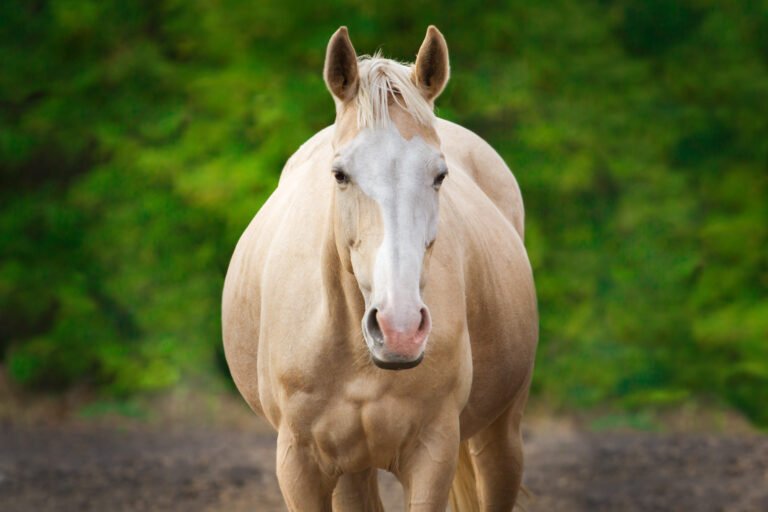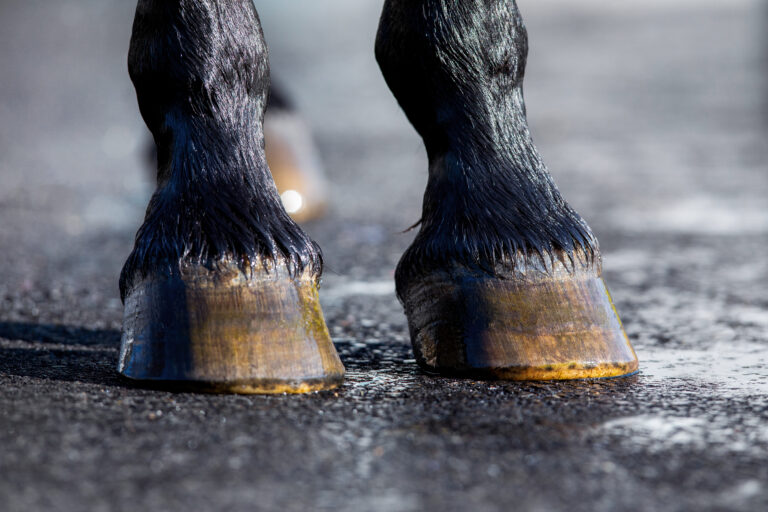
Phenylbutazone (PBZ) is known for its capacity to elicit equine gastric ulcer syndrome (EGUS), and it logically follows that administering omeprazole at the same time might mitigate the risk for both equine glandular gastric disease (EGGD) and equine squamous gastric disease (ESGD).
A study followed 22 horses older than three years of age with EGGD and ESGD of scores ≤ 2 that were medicated with PBZ, or PBZ plus omeprazole, or a placebo [Ricord, M.; Andrews, F.M.; Yniiguez, F.J.M.; et al. “Impact of concurrent treatment with omeprazole on phenylbutazone-induced equine gastric ulcer syndrome (EGUS).” Equine Veterinary Journal July 2020; https://doi.org/10.1111/evj.1332].
The treatment doses were given to stalled horses for 7- 14 days:
- Phenylbutazone 4.4 mg/kg per os every 12 hours (PBZ)
- Phenylbutazone as above plus omeprazole 4 mg/kg per os every 24 hours (PBZ/OME)
- Placebo (CON)
Weekly gastroscopy was performed following a 16- to 18-hour fast, and CBC and chem panels were done at the beginning and end of the study. The results were as follows:
- EGGD scores increased when given only PBZ compared to the combination of PBZ/OME.
- No difference was found in EGGD scores between CON and treatment with either PBZ or PBZ/OME.
- No differences were observed in ESGD scoring between groups, and omeprazole did not impact development of ESGD.
- More (6/8) intestinal complications occurred with PBZ/OME than with placebo.
- Plasma protein concentrations decreased with PBZ compared to CON.
- Intestinal complications (diarrhea, colic, lethargy) occurred in eight horses on Days 2-12. Five horses were withdrawn from the study due to intestinal complications—3 on PBZ/OME and 2 on PBZ, while another PBZ horse progressed to severe Grade 4 EGGD and was also withdrawn.
The study concluded that while omeprazole is able to mitigate PBZ-induced EGGD by increasing gastric fluid pH, adverse intestinal complications—colic, impaction, diarrhea, enterocolitis, and typhlocolitis—occurred with the combination therapy.
The authors suggested that, “Caution should be exercised when co-prescribing phenylbutazone and omeprazole in horses.”

![[Aggregator] Downloaded image for imported item #18375](https://s3.amazonaws.com/wp-s3-equimanagement.com/wp-content/uploads/2025/09/30140031/EDCC-Unbranded-26-scaled-1-768x512.jpeg)


